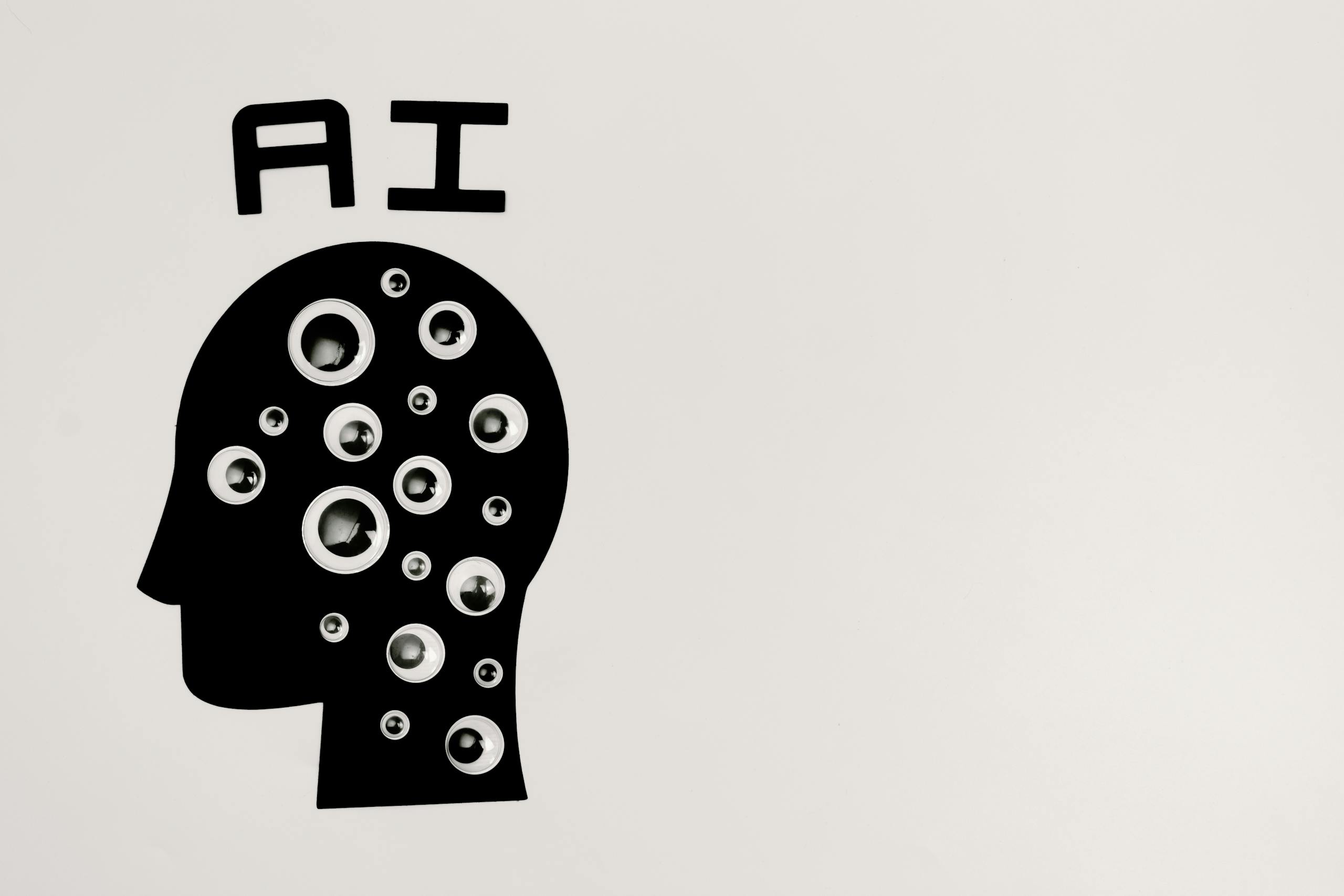Artificial Intelligence: Friend or Foe? The Full Truth Revealed 🧠
Introduction: A Double-Edged Sword?
Artificial Intelligence (AI) has become one of the most transformative—and controversial—technologies of the 21st century. From ChatGPT to autonomous vehicles, AI is embedded in our daily lives more than we realize. But with great power comes great responsibility.
So the million-dollar question remains: is AI our friend, or is it a looming digital foe?
What Is Artificial Intelligence, Really?
AI refers to machines or software systems that mimic human intelligence—learning, reasoning, and problem-solving. There are two main types:
– Narrow AI, like voice assistants (e.g. Siri, Alexa) and recommendation algorithms (e.g. YouTube, Netflix).
– General AI, a more futuristic version that can learn and adapt across tasks just like a human.
Currently, we live in the age of narrow AI—but the dream (or nightmare) of general AI is coming closer.
The Friend Side: How AI Improves Our Lives
1. Healthcare Revolution
AI can detect diseases earlier and more accurately. Algorithms like DeepMind’s AI have outperformed human doctors in diagnosing eye conditions and breast cancer.
According to Harvard Health, AI-driven diagnostics could save millions of lives annually.
2. Smart Assistants & Productivity
AI tools like ChatGPT and Grammarly help users write, translate, plan, and solve problems in seconds. This democratizes access to creativity and intelligence for all.
Entrepreneurs are now using AI to automate tasks, freeing up time for strategy and innovation.
3. Environmental Monitoring
AI monitors climate patterns, predicts natural disasters, and manages renewable energy systems. For instance, AI-powered satellites track deforestation and help enforce climate regulations.
In this case, AI is literally helping save the planet.
The Foe Side: What Keeps Experts Up at Night?
1. Job Displacement & Economic Impact
According to a report by Goldman Sachs, AI could replace over 300 million jobs globally.
Although it will create new roles, the transition won’t be easy. Truck drivers, cashiers, and even some white-collar professionals are vulnerable.
2. Misinformation and Deepfakes
AI can now generate fake videos, voices, and news that are nearly impossible to detect. This undermines trust in media and can destabilize democracies.
Just think of fake videos of political leaders saying things they never actually said.
3. Surveillance and Privacy Invasion
From facial recognition to algorithmic tracking, AI raises major ethical concerns. Governments and corporations can monitor behavior on an unprecedented scale.
China’s social credit system is a chilling example of AI-powered surveillance used to control citizens.
The Middle Ground: Responsible AI
Not all AI is good or evil—it depends on how we use it. Ethical AI design focuses on transparency, fairness, and safety.
Organizations like OpenAI and The Alan Turing Institute are working to ensure AI aligns with human values.
The EU has even proposed the AI Act to regulate high-risk AI systems.
Will AI Ever Become Sentient?
This is the sci-fi part—machines with emotions and consciousness. As of now, there is zero scientific evidence that AI is becoming truly sentient.
But advances in models like GPT-4 and beyond have sparked debates.
Famous figures like Elon Musk and Stephen Hawking warned of AI becoming too powerful to control. Yet experts like Andrew Ng argue that fear is overblown.
Tips to Coexist with AI Wisely
1. Stay Educated – Take free courses on AI from platforms like Coursera or edX.
2. Use AI as a Tool, Not a Crutch – Leverage AI to enhance creativity and problem-solving, not to replace critical thinking.
3. Protect Your Data – Be mindful of where and how your data is collected. Use encrypted platforms and review app permissions regularly.
4. Support Ethical Tech – Follow and support brands and tools that prioritize transparency and fairness.
What Experts Say
– Yoshua Bengio, AI pioneer: “We need international governance and ethical guidelines before it’s too late.”
– Demis Hassabis, CEO of DeepMind: “AI is the most important invention we’ll ever make—but it must be aligned with human values.”
– Fei-Fei Li, Stanford Professor: “We must teach machines to be human-centered.”
AI in Pop Culture: Fueling Fear or Education?
Films like The Matrix, Ex Machina, and Her have shaped public perception of AI. While entertaining, they often lean into dystopia.
On the other hand, shows like Black Mirror spark important conversations about technology’s potential and pitfalls.
It’s important to separate fiction from fact—but also to use art as a mirror to examine our choices.
So… Friend or Foe?
The truth? AI is both. It’s a mirror of human intention. Used wisely, it can save lives, accelerate progress, and improve quality of life for billions.
Used recklessly, it can widen inequality, manipulate minds, and threaten freedom.
Ultimately, AI’s destiny is in our hands—and that’s both empowering and terrifying.
Final Thoughts
Artificial Intelligence is here to stay. Whether it becomes a friend or foe depends not on the code—but on the coders.
Educate yourself, use AI ethically, and demand accountability from those who build and deploy it.
Want to explore AI tools that boost your productivity and don’t steal your soul? 👉 Join our WhatsApp community where we break down the best AI apps and hacks for everyday life!


